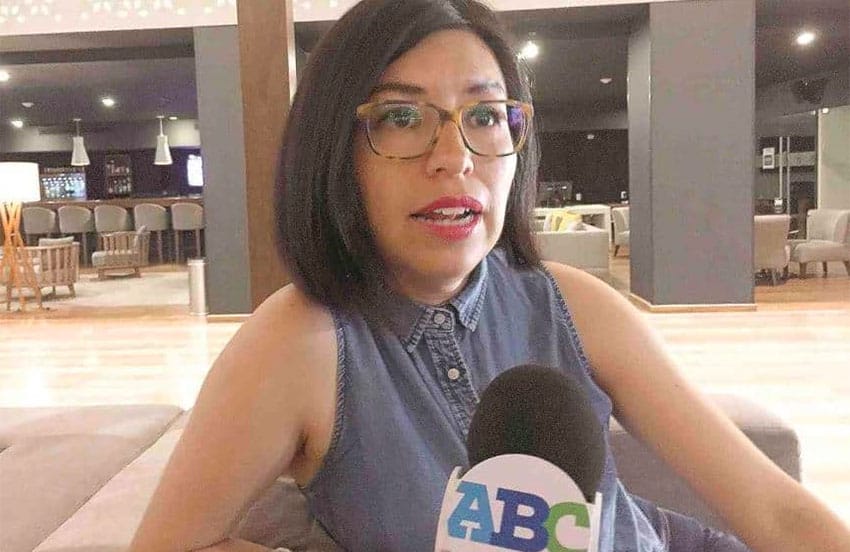Six journalists have spoken out against the federal government’s plan to dismantle the national transparency watchdog, warning it would make accessing public information more difficult and pose a threat to their profession.
President López Obrador said in January that his government intends to incorporate autonomous organizations such as the National Institute for Transparency and Access to Information (INAI) into federal ministries and departments.
The plan was widely denounced as an attempt by López Obrador to concentrate power further in the executive but the president countered that INAI is not needed because the federal government maintains “permanent communication” with citizens and guarantees the right to information.
Six investigative journalists who spoke with the newspaper El Economista take a very different view.
Nayeli Roldán, one of three journalists who wrote an exposé detailing a government embezzlement scheme that operated during the 2012-2018 administration led by former president Enrique Peña Nieto, said that a “complete institutional framework to guarantee access to information as a right” was built over the preceding decades but is now at risk.
After explaining that the so-called “Master Fraud” exposé – which led to an investigation that resulted in the arrest of former cabinet minister Rosario Robles – depended heavily on responses to freedom of information requests, Roldán said that instead of disbanding it, the government should give INAI “more teeth” and “more powers.”
The transparency watchdog needs to be strengthened, not eliminated, she said.
“It’s a tool that works, if not to eliminate corruption, to discover it and … demand accountability of politicians, which benefits society.”
Zorayda Gallegos, a former winner of the National Journalism Prize, said getting rid of INAI would be a “silly thing to do” and a backward step for journalism and society in general. “Hopefully the president will reconsider his proposal,” she said.
Daniel Lizárraga, a veteran journalist who lobbied for the creation of INAI, said López Obrador’s plan to dismantle it “lacks vision” and demonstrates that he doesn’t understand what accountability means.
The journalist, co-author of a book on the so-called white house scandal in which Peña Nieto’s former wife purchased a mansion built by a favored government contractor, said that if INAI is eliminated few people will have the means to file a legal challenge to fight for access to information the government doesn’t want to release.

“How many normal people can pay for an injunction? It costs a lot of money,” Lizárraga said.
Raúl Olmos, author of a book about Brazilian company Odebrecht’s history of corruption in Mexico, said the disappearance of INAI will hamper access to government information and could leave people with no other option than to take legal action in an attempt to obtain the information they want.
“That worries me because I have personally resorted to litigation … when I’ve been denied information and it’s been a torturous process that has taken months and months,” he said.
Under López Obrador’s plan, the government itself – not an autonomous body – would decide whether information should be made public, Olmosa said, claiming that would create a “tricky” situation.
Rivelino Rueda, who won an INAI journalism award last December, said elimination of the transparency watchdog would “completely close the right to access information” as protected by the constitution, adding that both journalists and citizens in general would be adversely affected.
Like Roldán, Rueda said that INAI should be given “more teeth,” asserting that it should have the power to sanction government officials who refuse to hand over information. Government departments will continue hiding information if that doesn’t occur, he said.
Blanche Petrich, a veteran journalist with ample experience reporting from abroad, said that if INAI is absorbed into the Ministry of Public Administration (SFP), as López Obrador said could happen, information will become very difficult to access.
The SFP, which is leading the federal government’s fight against corruption, won’t have much interest in listening to members of civil society and the press, she opined.
Petrich said that secrecy often characterizes government departments, adding “in a democracy it’s very important that the press and society have the resources to break down those barriers of secrecy.”
Source: El Economista (sp)